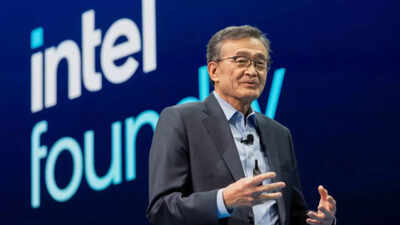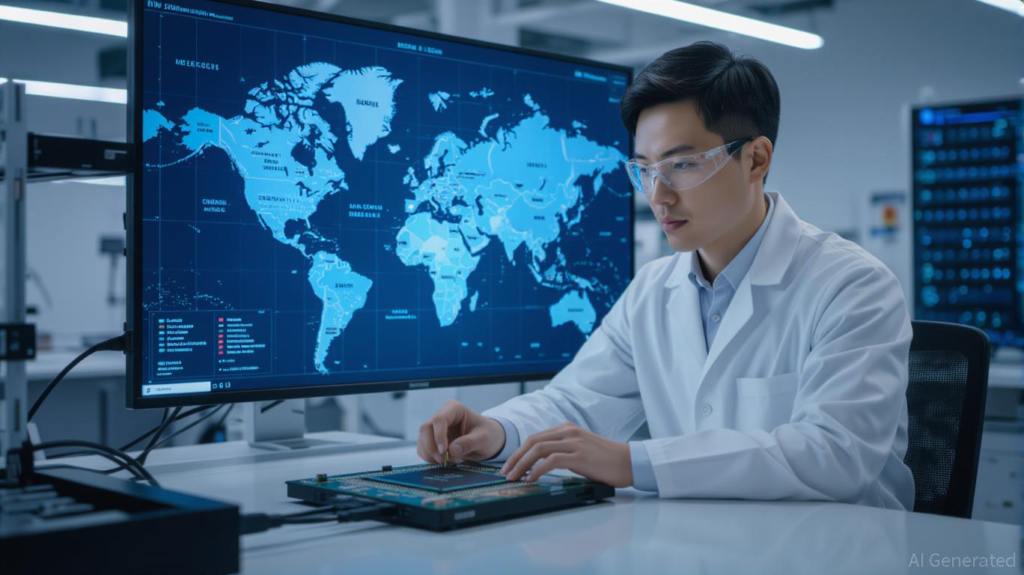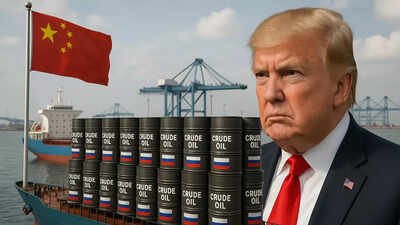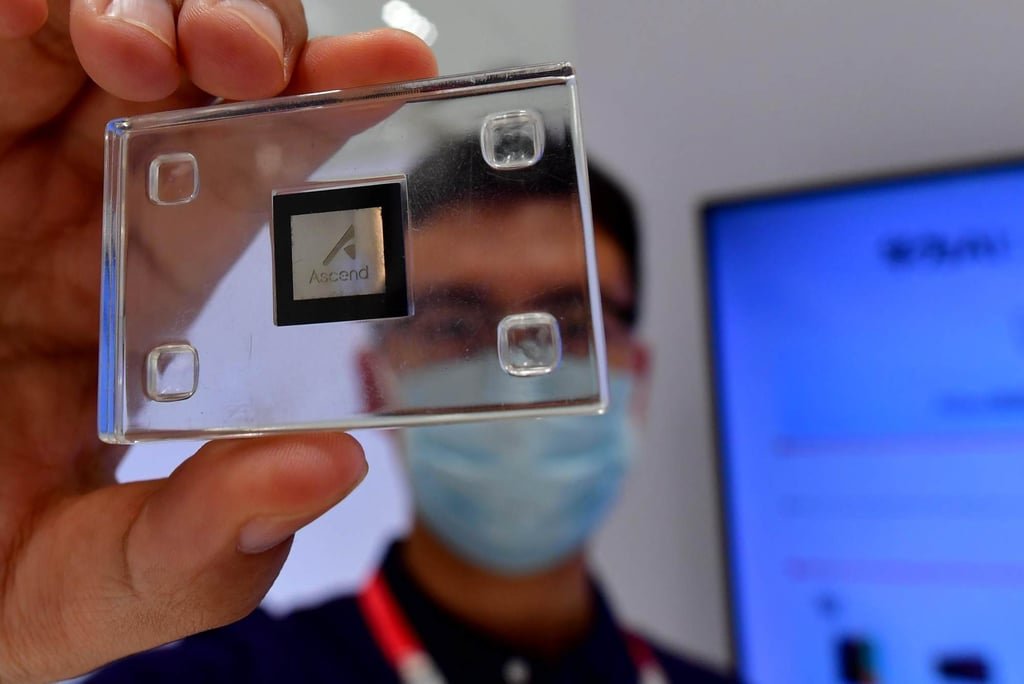
Intel Corporation CEO Lip-Bu Tan is set to visit the White House on Monday, following President Donald Trump’s public demand last week for his resignation over alleged ties to Chinese companies. The meeting, reported by the Wall Street Journal, aims to directly address concerns regarding Tan’s business connections and reassure US officials of his dedication to national security. Tan plans to emphasise Intel’s critical role in American semiconductor manufacturing and its importance to economic and security interests. This visit highlights the growing scrutiny of tech leaders amid US-China tensions and the strategic significance of semiconductor supply chains for the country’s future technological leadership.
Intel CEO Lip-Bu Tan’s White House visit to discuss US semiconductor security
According to insiders familiar with the matter, Tan’s upcoming White House visit will involve an extensive discussion with Donald Trump, during which Tan plans to present both his personal and professional background. The goal is to emphasise his dedication to advancing US national and economic security interests as reported by Reuters.The report highlights that Tan may also propose collaborative efforts between Intel and the US government to ensure that Intel’s chip manufacturing capabilities remain a vital national security asset. This conversation reflects the broader governmental focus on safeguarding semiconductor supply chains amid rising global competition.
Donald Trump’s public call for Intel CEO resignation sparks investor and national security concerns
Last week, Donald Trump shocked investors and industry watchers by publicly calling for the immediate resignation of Lip-Bu Tan, accusing him of being “highly conflicted” because of his financial and business ties to companies based in China. Trump’s demand raised serious doubts about Intel’s turnaround strategy under Tan’s leadership and triggered a wave of debate within the US business and political spheres.This move by a sitting US president to openly call for the ouster of a corporate CEO is unusual and underscores the heightened geopolitical tensions surrounding the semiconductor industry, a sector critical to both economic and national security.
Tan emphasises commitment to US manufacturing and technological leadership
Intel’s CEO has publicly expressed alignment with President Trump’s stated priorities, emphasising his commitment to strengthening US manufacturing and protecting technological leadership. Tan views Intel’s manufacturing capacity as a cornerstone of American security and economic competitiveness.Intel’s recent events, such as the Annual Manufacturing Technology Conference held in San Jose, California, have showcased the company’s advancements and investment plans, highlighting the strategic importance of its manufacturing footprint. A central point of contention fueling Trump’s criticism involves Lip-Bu Tan’s past investments. Reuters revealed in April that Tan had invested at least $200 million in numerous Chinese advanced manufacturing and semiconductor companies, some reportedly connected to China’s military.These revelations have intensified scrutiny of Tan’s role as CEO, especially in light of growing concerns about Chinese access to sensitive US technology and the broader geopolitical rivalry between the two countries.
Intel CEO’s previous leadership and legal issues linked to Cadence Design
Before his tenure at Intel, Lip-Bu Tan was the CEO of Cadence Design Systems, a major chip design software company, from 2008 to 2021. During his leadership, Cadence sold products to a Chinese military university suspected of conducting nuclear explosion simulations.In a significant development last month, Cadence agreed to plead guilty and pay over $140 million to settle US government charges related to these sales. Reuters was the first to report this story, which has further complicated Tan’s public image and raised questions about his leadership decisions. Trump’s public intervention sparked debate among investors, analysts, and industry leaders. Some view Tan’s White House visit as an opportunity to clear the air and demonstrate Intel’s alignment with US interests, while others remain cautious given the depth of the allegations.The semiconductor sector remains under intense government scrutiny, making transparency and strategic collaboration between tech leaders and policymakers more critical than ever.
Who is Lip-Bu Tan: The ‘highly conflicted’ claims Donald Trump who wants resignation immediately
Lip-Bu Tan, a seasoned figure in the tech and investment world, assumed leadership at Intel in March 2025. A Malaysian-American with deep roots in semiconductor innovation, Tan has spent decades building a global reputation for his work in chip design and venture capital. Before joining Intel, he was best known as the founder of Walden International, a venture capital firm that invested heavily in semiconductor startups across the Asia-Pacific region, particularly in China.Tan’s academic credentials reflect his technical prowess. He earned a bachelor’s degree in physics from Nanyang Technological University in Singapore, followed by a master’s in nuclear engineering from the Massachusetts Institute of Technology (MIT), and an MBA from the University of San Francisco. Professionally, he held the position of CEO at Cadence Design Systems—a leading software and semiconductor design company from 2008 to 2021.Also Read | Could the Year 2038 problem crash global servers and critical infrastructure? The digital doomsday: ‘a silent threat’ explained






